T4K3.news
Humanitarian workers and journalists face starvation in Gaza
111 humanitarian groups warned that Israel's blockade endangers both workers and civilians in Gaza.
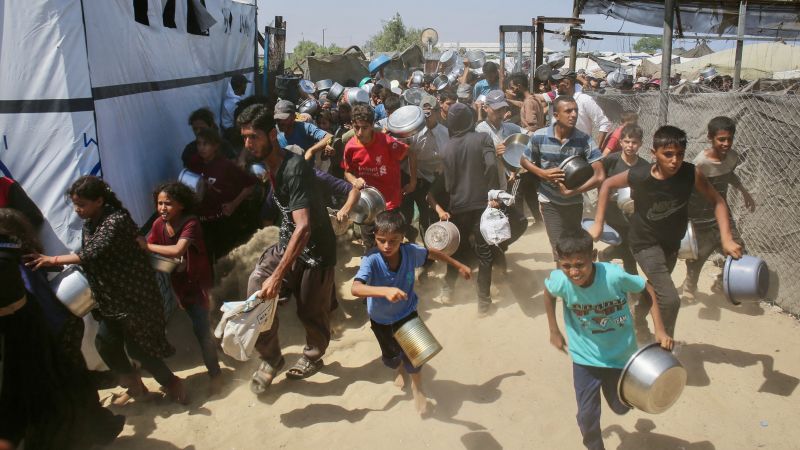
Humanitarian groups warn that Israel's blockade endangers both aid workers and the population of Gaza.
Humanitarian crisis deepens as workers face starvation in Gaza
International humanitarian organizations have raised alarm over Israel's ongoing blockade of aid into Gaza. In a statement, 111 groups urged the Israeli government to lift restrictions on food, water, and medical supplies. The coalition highlighted that aid workers are now struggling with severe shortages themselves, risking their lives alongside the people of Gaza. Reports indicate that 15 people, including children, died of starvation in just a day.
The humanitarian crisis escalated following heavy criticism from 28 Western nations, which accused Israel of limiting aid delivery. Although the Israeli government dismissed these claims as unrealistic, the humanitarian situation grows dire as hospitals report increasing malnutrition cases. Aid organizations have described food-seeking missions as dangerous, with risks of violence and death becoming commonplace. The situation further deteriorated when journalists from major news agencies reported that they too are facing life-threatening conditions, prompting calls for urgent evacuation to ensure their safety.
Key Takeaways
"As the Israeli government's siege starves the people of Gaza, aid workers are now joining the same food lines."
This statement illustrates the grave situation faced by both aid workers and civilians.
"The killing of civilians seeking aid in Gaza is indefensible."
A reflection of the growing international concern over violence against civilians in humanitarian crises.
"I am drowning in hunger, trembling in exhaustion, and resisting the fainting that follows me."
This quote highlights the dire personal struggles faced by journalists in Gaza.
"We have lost journalists in conflicts, but none of us can ever remember seeing colleagues die of hunger."
This statement underscores the severe impact of the crisis on media workers, a rarely addressed issue.
The blockade of Gaza is not merely a logistical issue but a profound humanitarian crisis. The reality is stark: as aid workers plead for the right to help, they find themselves on the brink of starvation. This highlights a troubling cycle where those meant to sustain the vulnerable populations are themselves left vulnerable. Recent reports reveal tragic tales of aid workers and journalists, further emphasizing that this crisis extends beyond borders, threatening the very framework of humanitarian journalism. The plight of these individuals should prompt the international community to reevaluate responses and responsibilities regarding humanitarian access in conflict zones.
Highlights
- Aid workers in Gaza now line up for food just like everyone else.
- This crisis threatens not only lives but the essence of humanitarian assistance.
- Every moment without aid is a moment closer to catastrophe in Gaza.
- We must not let journalists drown in silence amidst this crisis.
Severe humanitarian crisis and risks to aid workers
The blockade and recent violence in Gaza raise serious concerns for both aid workers and civilians, risking starvation and safety. Reports of shootings at aid sites further complicate the humanitarian response, creating a critical situation that requires immediate international attention.
The international community faces an urgent call to prioritize humanitarian access in conflict zones.
Enjoyed this? Let your friends know!
Related News
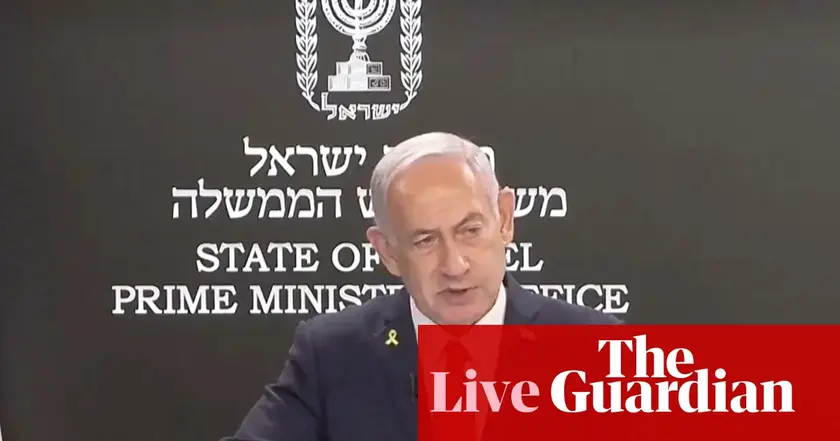
UN warns Gaza faces starvation

New video shows third strike at Gaza hospital
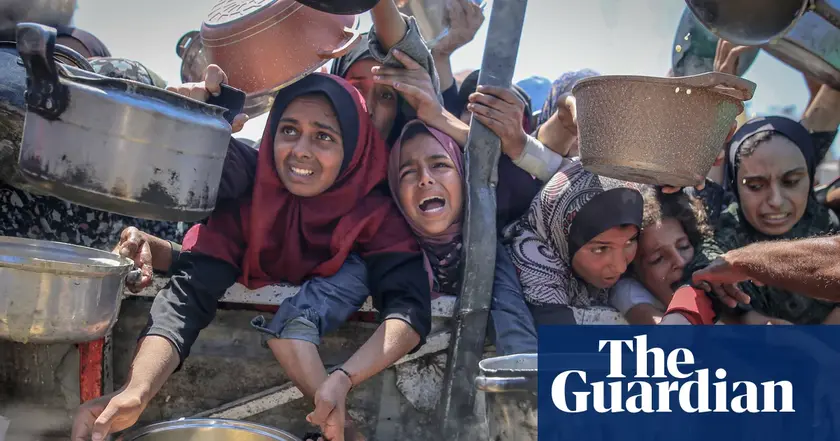
Israeli media shifts focus to Gaza hunger under international scrutiny
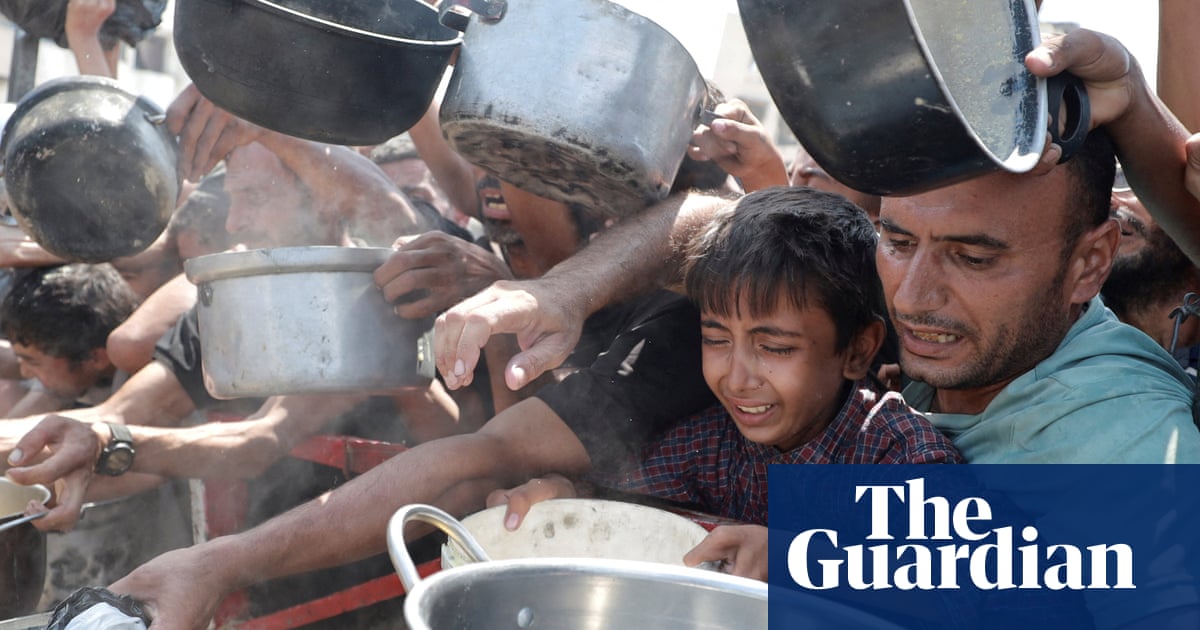
Famine conditions reported in Gaza
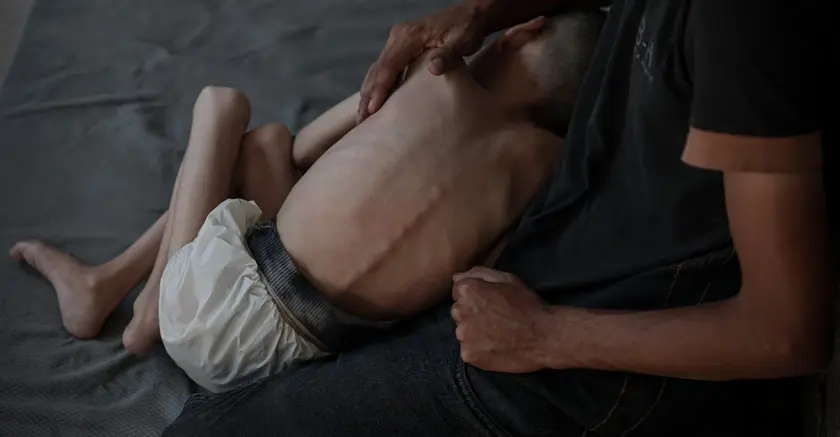
Hunger Crisis Deepens in Gaza

Backlash over Andres Herzog meeting
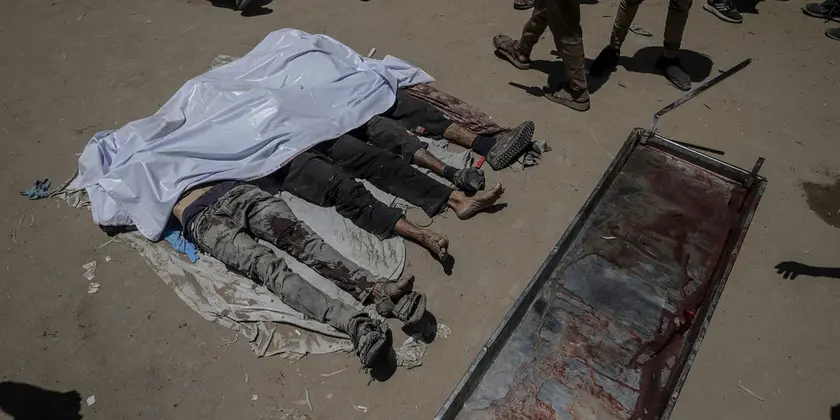
Starvation Crisis Hits Gaza Amid Ongoing Conflict

Gaza journalists endure hunger and danger in tents
